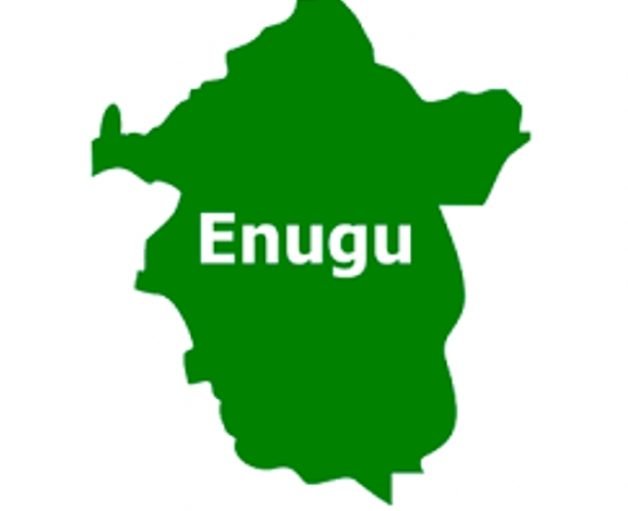By Frank Nweke Jnr
With an alarming internal and external debt profile of approximately N183 billion, it is baffling to see the Enugu State government attempt to borrow an additional N170 billion.
In effect, this administration seeks to open its loan portfolio with an 182.79% increase above the N93 Billion domestic debt accumulated over the eight years of the Ifeanyi Ugwanyi administration. It is also interesting to note that the loan amount exceeds the 2023 total budget presented in December 2022.
This will take our State above the stipulated borrowing limit by the Debt Management Office by 226% and will place Enugu State as the 4th most indebted State in the country.
In the past year, I have spoken extensively about the poor fiscal conditions of the state and the need for drastic cost-cutting measures and strategic prioritisation to pull us out of the economic morass that the previous government had plunged us into. The Ugwanyi administration closed with a domestic debt of N93,197,207,627.52 and an external debt of $120,667,083.51. The prospect of further increasing our debt profile is not in the best interest of our economy.
At present, Enugu State’s debt per capita ratio, which represents how much debt the government owes on behalf of each citizen, stands at N23,907. This additional N170 billion will double and triple our debt per capita ratio over the next year. This means that the government will owe an estimated N67,500 on behalf of each citizen, which is a far cry from the zero per cent poverty headcount index promised by this administration. To put this in perspective, the state spent N3,506.84 per capita on education and N1,559.1 per capita on health in 2022. Enugu is currently the 10th poorest state in Nigeria and the second poorest in the South-East with a poverty rate of 58.13% behind Ebonyi State.
The stagnant economic situation in the past decade begs the question of what the previous debts incurred were spent on. Roads, hospitals, and schools are in deplorable states. Teachers’ salaries and pensions remained unpaid for several months despite the huge sums quoted through the years.
While I am not against borrowing for development purposes, it should be consistent with the Open Governance Partnership requirements for transparency and accountability, per the provisions of the Debt Management Office for fiscal responsibility, and with the citizens apprised of the purposes of these facilities.
This recent development raises several concerns.
According to the provisions of the Debt Management Office, for Domestic Capital Market borrowing, States and FCT are to ensure that their total amount of loans outstanding at any particular time, including the proposed loan shall not exceed fifty (50) per cent of the actual Total Revenue for the preceding year. (Investment and Security Act, 2007, Part XV, 223 (1b) quoted in the provisions of the DMO).
With Enugu’s reported actual total revenue for 2022 being N128 Billion, the acquisition of a domestic debt of 170 billion which takes our total debt profile up to approximately N354 billion will exceed the stipulated limit by 226%. (I must make a side note about the herculean task of downloading the quarterly performance reports from which the total revenue for 2022 was extracted, as it is unavailable anywhere else).
The Act also provides that “The DMO shall conduct a Debt Sustainability Analysis to ascertain that the Monthly Debt Service deduction of the State or FCT, including the servicing of the proposed bank loan being contemplated, does not exceed 40% of the Total Monthly Revenue (FAAC and IGR) of the State or FCT for the preceding 12 months.
*Nweke is the Enugu State gubernatorial candidate of the All Progressives Grand Alliance (APGA) in the 2023 General elections.



